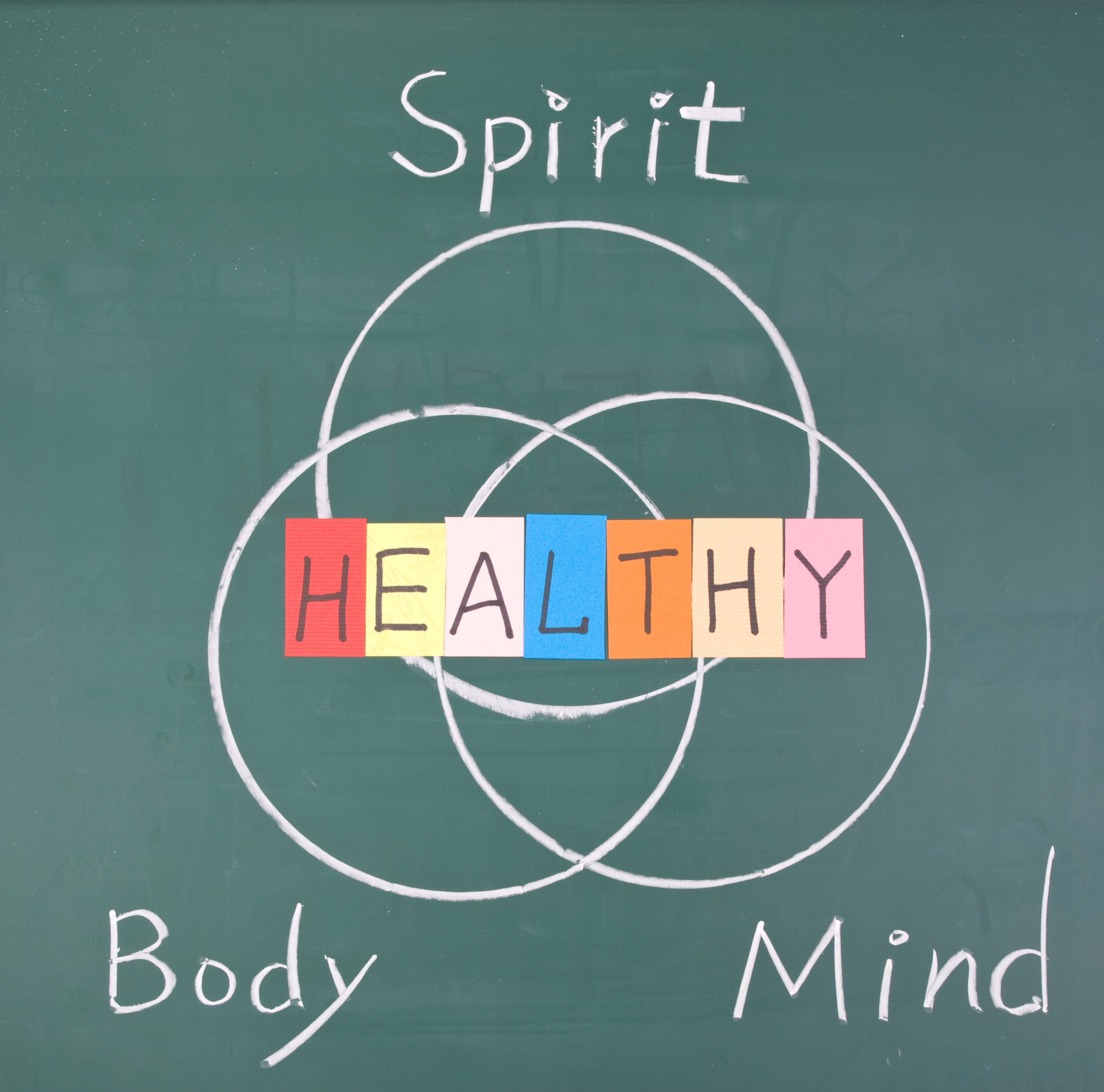
Grab a coffee and let’s talk about Sarcopenia
May 7th, 2024New research suggests that coffee could help slow down age-related muscle loss. Whilst a cup from your favourite coffee shop can be quite pricey and we are told to cut back on caffeine, there are health benefits to drinking a coffee of your choice.
Grab a coffee and let’s talk about Sarcopenia
Sarcopenia is a musculoskeletal disease that causes the loss of muscle mass and function. It’s a progressive disease when muscle strength, quality and performance are affected, the disease is age or sedentary-related. Sufferers become weak, frail and prone to falling over. It can result in mobility problems and be debilitating. Sarcopenia develops when mitochondria in the muscles produce less energy, and NAD+ in cells declines. It doesn’t matter how you take it – an Americano, latte, cappuccino, expresso, flat white, or instant coffee. Coffee contains an alkaloid compound called trigonelline, when consumed, it increases NAD+ in muscles.
Trigonelline – preventing muscle wasting in older age
Researchers from companies around the world have been involved in this discovery, including leading teams from the University of Singapore’s Yong Loo Lin School of Medicine (NUS Medicine) and Nestle Research. Other teams who will be involved into the build up to another collaborative study will include researchers from Southampton, South Alabama Melbourne Tehran, Copenhagen and Toyama.
Results
This research has shown that elderly people with sarcopenia have less trigonelline in their blood, as proven by laboratory studies on muscle samples from groups both with and without sarcopenia present. Trigonelline was added to both types of samples, with an increase of NAD+ shown.
Dr Vincenzo Sorrentino, Assistant Professor at NUS Medicine said, “Our finding expands the current understanding of NAD+ metabolism with the discovery of trigonelline as a novel NAD+ precursor, and increases the potential of establishing interventions with NAD+ producing vitamins for both healthy longevity and age-associated diseases applications.”
Jerome Feige, Head of the Physical Health department at Nestle Research said, “We were excited to discover, through collaborative research, that a natural molecule from food cross-talks with cellular hallmarks of ageing. The benefits of trigonelline on cellular metabolism and muscle health during ageing and muscle health during ageing open promising translational applications.
Prof Keith Godfrey at the University of Southampton was involved in the study. He leads the NIHR Southampton Biomedical Research Centre’s nutrition, lifestyle and metabolism theme. He said, “This laboratory-based research has shown trigonelline has the potential to help maintain muscle health in older age. We now need to test this in clinical trials with people, to see if trigonelline can help prevent or treat sarcopenia.”
The study was published on nature.com. Find out more here.
What can you do to reduce muscle mass loss as you age?
Listen to your body
Mind and body awareness is essential for good health. You should pause and reflect on your body, how do you feel, can you perform everyday tasks? You should understand your body, don’t ignore pain or fatigue. Do you struggle to get up, is lifting difficult? If your body is telling you something isn’t quite right, visit your doctor. A doctor can offer advice, refer you to a specialist or give you the go-ahead to perform a resistance training program and take other physical exercise
Do physical exercise every day
Physical exercise is one of the most important things you can do. It improves brain health, and mental health, manages body weight, reduces the risk of disease, and strengthens muscles and bones. It can help to prevent premature ageing and give you the ability to do everyday tasks with ease. Physical exercise doesn’t have to be energetic, a walk in the fresh air, or a yoga or dance class is very beneficial
Do resistance training
Ageing is associated with not only muscle mass but the loss of stamina and balance. Resistance training can improve all three. You don’t need to pump weights down the gym, a simple exercise program at home will suffice. Resistance training can combat the physical effects of ageing and stimulate the growth of new muscle tissue. The more active you are will help you maintain your independence
Incorporate a lot of protein in your diet
Our muscles are mainly made up of proteins, enzymes, hormones and neurotransmitters. Protein is key to the maintenance of muscle mass. Muscle strength is essential because it is the largest contributor to energy and burning calories whilst we exercise and rest. Eating more protein as you age will help to counterbalance the loss of strength we experience in the ageing process. Find out more here.
Take supplements
We recommend our product Gotratix, a muscle peptide for regulating the metabolism processes in muscles. The natural product helps to improve physical efficiency.
References
- https://www.southamptonbrc.nihr.ac.uk/post/substance-in-coffee-may-improve-muscle-health-in-older-age







